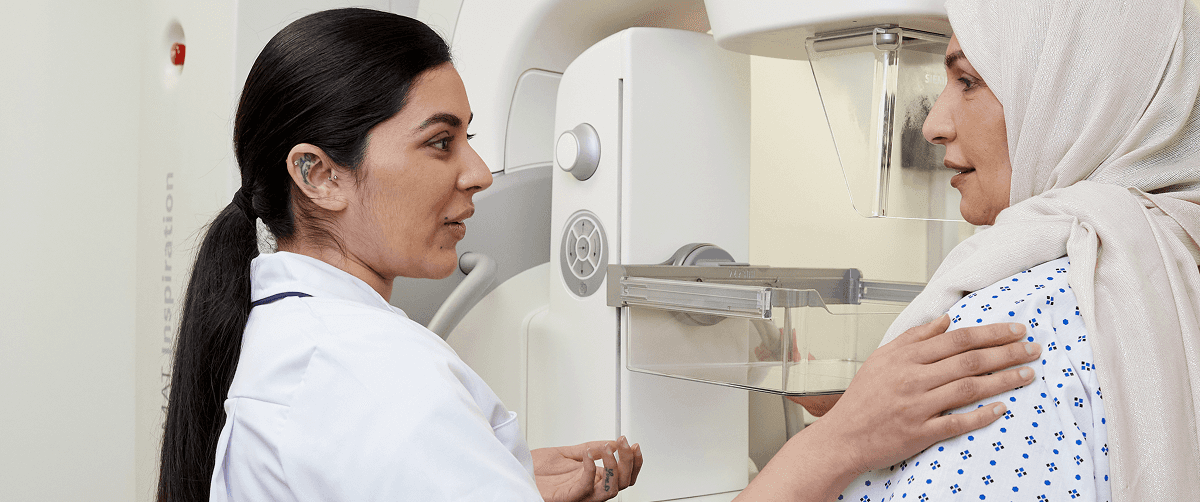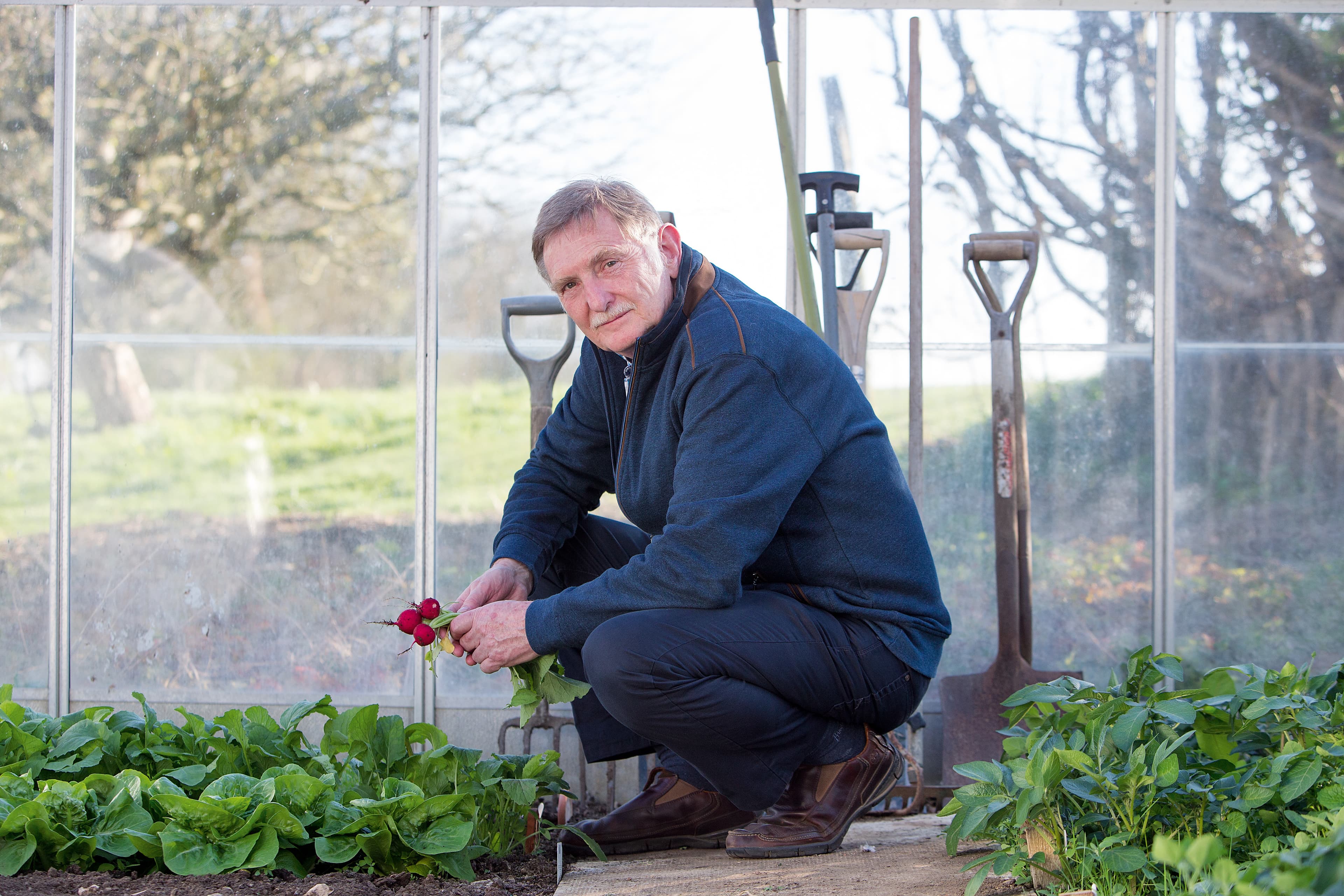
From looking for cancer 'red flags' to identifying patients 'at risk', our researchers are finding ways to diagnose cancer patients early, when treatment is more likely to be successful. Below are some examples of what our researchers are doing right now.
Professor Rebecca Fitzgerald in Cambridge is running a trial called BEST4. The trial will explore if the Cytosponge, a ‘sponge-on-a-string' test for Barrett’s oesophagus developed by Fitzgerald, can prevent deaths from oesophageal cancer when offered as a screening test to people on long-term medication for heartburn – one of the most common Barrett’s oesophagus symptoms.
Find out more about 'sponge-on-a-string'
At the Institute of Cancer Research, Professor Rosalind Eeles is leading a study called the BARCODE1 Study to assess whether an analysis of DNA in saliva can be used to identify those at the highest risk of prostate cancer earlier, and therefore offer those people tests like MRI or biopsy sooner. The study is also looking for new diagnostic markers in blood and urine samples from participants.
Professor Katie Robb in Glasgow is working with people with intellectual disabilities, their carers, and healthcare specialists to identify and overcome the barriers to screening that currently exist. Once complete, their research could inform government policies and improve access to screening, which could help save lives.
Learn more about cervical screening
Thanks to research, we’ve helped change the outlook for people with cancer.

Meet people like Tony who have experienced first-hand how our research is making a difference. The life-saving research we do wouldn’t be possible without your support.
Want to find more information about our research or early diagnosis?